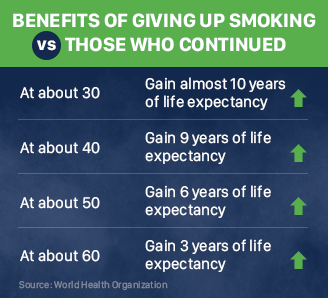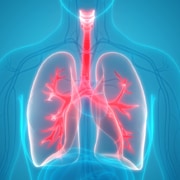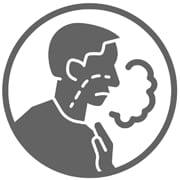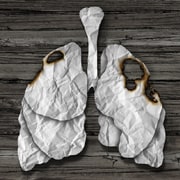

- Home/
- Expert Speak
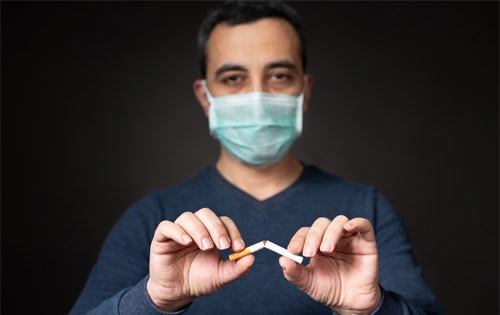
According to the World Health Organisation (WHO), smokers are likely to be more vulnerable to COVID-19 as the act of smoking means that fingers (and possibly contaminated cigarettes) are in contact with lips which increases the possibility of transmission of the virus from hand to mouth. Smokers may also already have lung disease or reduced lung capacity which would greatly increase the risk of serious illness. Conditions that increase oxygen needs or reduce the ability of the body to use it properly will put patients at higher risk of serious lung conditions such as pneumonia. (Reference Source: WHO)
A matter of grave concern is that there are more than 1.3 million deaths every year in India due to tobacco-related health issues, according to the Global Adult Tobacco Survey (GATS) done by World Health Organization (WHO) mention year. Of them, 1 million deaths can be attributed to smoking and the rest to the use of smokeless tobacco products. Nearly 267 million, or 29 per cent Indians aged 15 and above, currently use tobacco in some form. (Source: Global Adult Tobacco Survey 2016-17)
Therefore, there has never been a better time to quit smoking. Nicotex, a brand committed towards helping people give up smoking, aims to educate smokers about their high vulnerable to COVID-19 and inspire them to quit smoking. World No Tobacco Day, celebrated on May 31 every year, provides a perfect opportunity to start your journey towards a smoke-free life.
#QuitKarona is an initiative in that direction. The campaign aims to highlight how apart from all its other ill-effects, smoking can reduce a person's ability to fight COVID-19, which can prove to be fatal in the current pandemic.
Disclaimer:
This content including advice provides generic information only. It is in no way a substitute for qualified medical opinion. Always consult a specialist or your own doctor for more information. NDTV does not claim responsibility for this information.
The information and the contents are for information and reference only. Cipla or the authors of the articles do not promote, use or endorse any product or encourage use of specific drugs in any way. Neither Cipla or the author are responsible for claims or action arising from use of the information. Viewers should consult their doctor to determine the right way to use NRT for their health.









